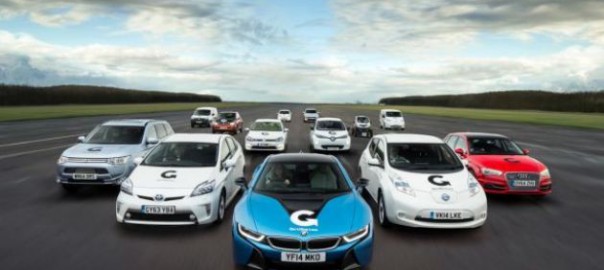Of late, there has been a lot of buzz related to electric vehicles. Volatility in oil, and thus fuel prices has the world in search of an alternative that can reduce the consumption of gasoline, motor oil and other fossil fuels. An electric vehicle (EV) is one such alternative that is muscling in on the market. So what can EVs offer to compete with conventional vehicles?
An electric vehicle is powered by one or more electric motors instead of a conventional internal combustion engine. Based on the source and method of electricity production, EVs are divided into: a. EVs requiring a continuous electric supply source such as trolley buses. b. EVs running on an electric battery or a flywheel, these are also referred to as Zero Emission vehicles (ZEV’s) and c. Hybrid EVs (HEVs) that uses a combination conventional engine and an electric motor) and Plug in EVs ( PHEVs).
If sales figures are an indicator, we see that the demand for EVs has risen at an incredible rate in the last few years. With around 320,000 new registrations in 2014, the total global count of EVs stood at around 740,000 vehicles with China, US and Japan having the highest EV growth rates of 120%, 69% and 45% respectively. Encouraged by growth rate of EVs, several automobile companies are investing in this technology.
Nissan is one such company that has invested heavily in developing and improving EV technology. The company has invested close to £1.4 billion (approximately $2 billion) in its facilities at Sunderland to manufacture EVs such as the highly successful all electric Nissan Leaf. The Chevrolet Volt, the Toyota Prius and Tesla’s vehicles are some other popular EVs available in the market today.
Read more: Oil Price
